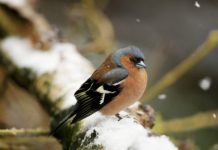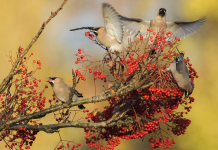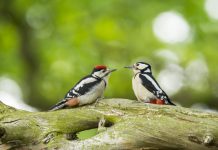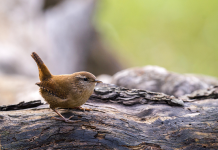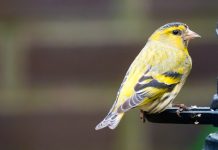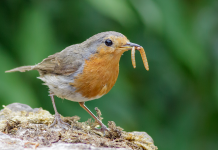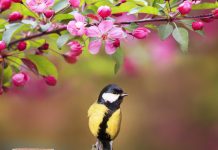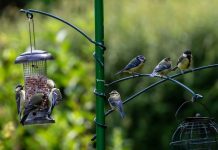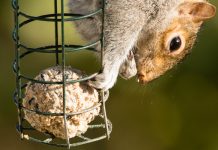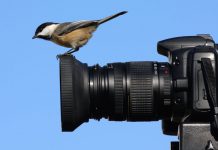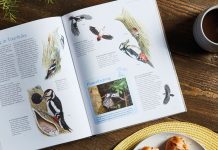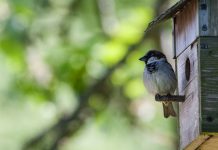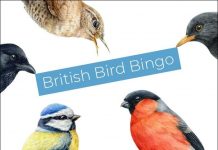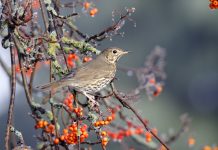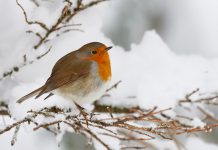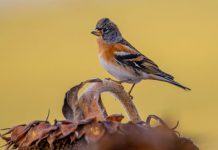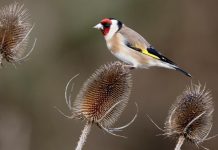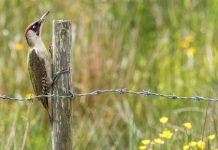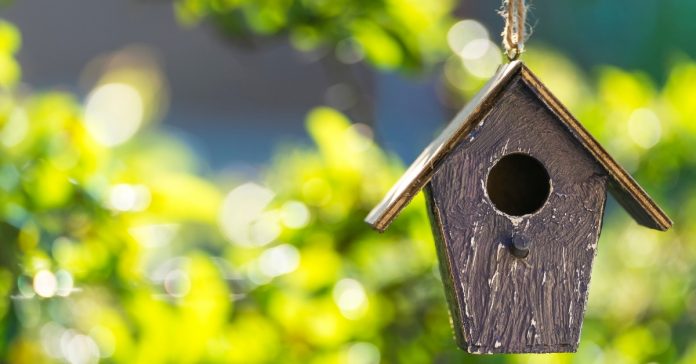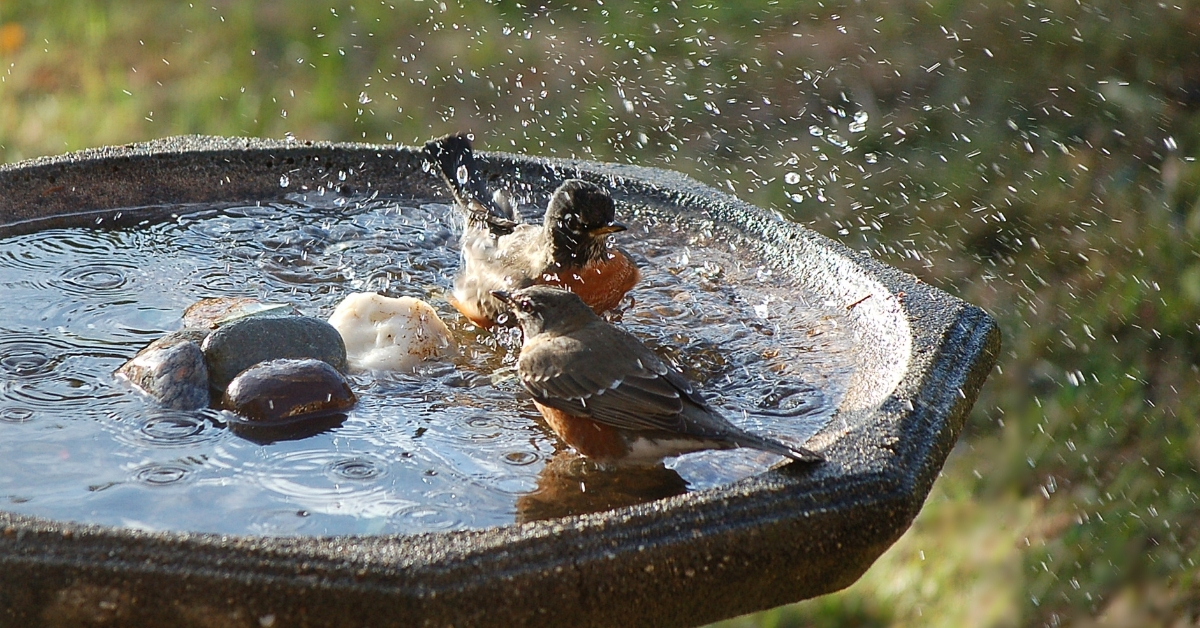During the summer your garden birds will need as much support as in previous months. There are many benefits to helping out your garden birds during the summer months – not only will you be giving them much-needed nutrition when some natural food sources are low, but you can also watch the birds grow over time as the baby fledglings are raised by the mature birds.
Here are a few ways you can give your garden birds a little helping hand.
Offer Regular, Clean Water
Many people offer much-needed food for the birds, but not as many think about offering a clean source of water. Not only do birds need clean water to drink from, but also to bathe in. Birds don’t sweat, so need bird baths to cool down in during bouts of hot weather.
A bird bath will be a very welcome addition to your garden; keep it topped up regularly with clean water, and you’ll be giving your birds the wonderfully refreshing help that they need.
Maintain Good Hygiene

As the mercury climbs, it’s more important than ever to maintain good hygiene so as to prevent diseases from becoming prevalent among your feeders and bird baths.
Wash your feeders out every two weeks with hot, soapy water, and ensure that they are fully dry before filling with bird feed. Keep your bird baths clean too, so as to prevent a build-up of bird droppings.
Feed the birds
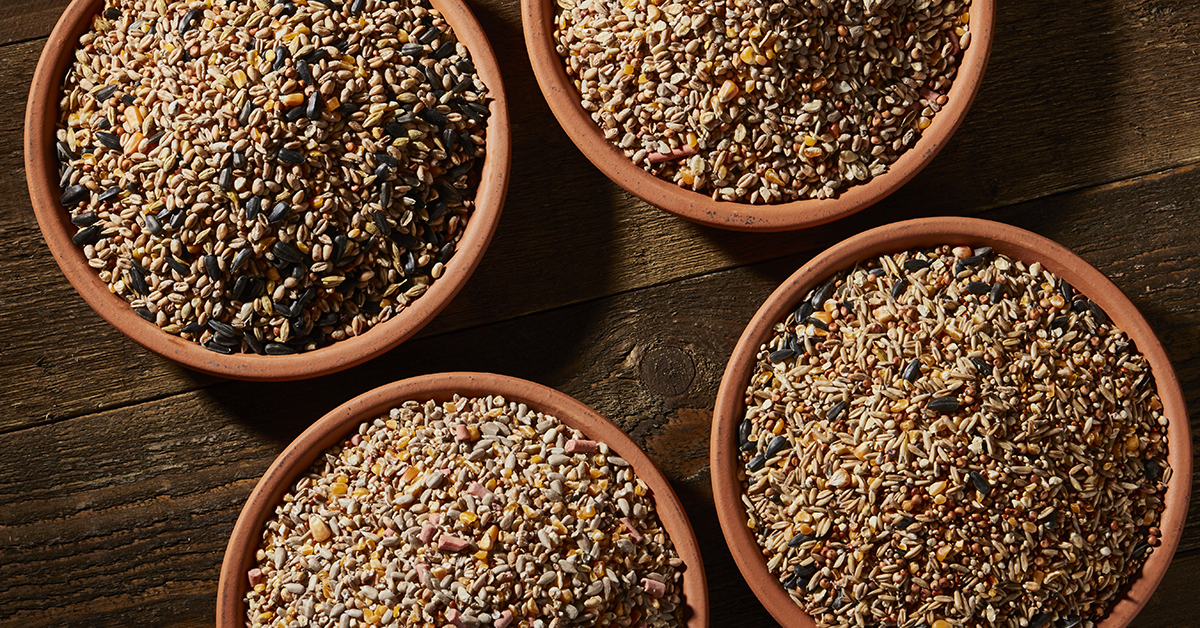
Contrary to some hearsay, it is still just as important to feed the birds during the summer months. When the weather gets warmer, the ground can become harder, meaning that birds can’t get to those tasty worms buried beneath. Opt for high protein foods which will help adult birds feed their young; things like sunflower hearts and mealworms will be ideal. You could try soaking the mealworms in water overnight to give birds a real tasty treat. Things like apples, pears, and soaked sultanas and raisins will also be ideal.
Avoid offering fatty foods like suet as these can melt in the heat, becoming more of a problem. Fatty things little suet and even peanut butter can get stuck to birds’ feathers, which is incredibly problematic as this damages their plumage. Suets can also go rancid quicker because of the heat.
Only put out as much food as the birds will eat in the day. Fill feeders halfway so as to ensure that food stays fresher for longer, and to prevent food from going bad.
Leave Baby Birds Alone
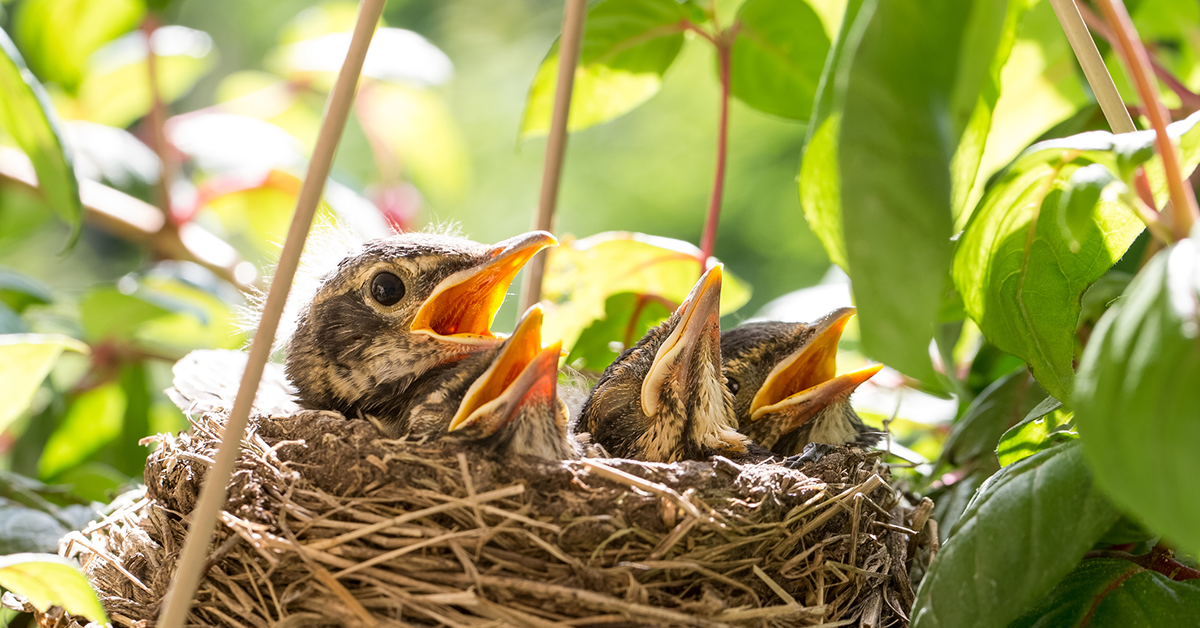
Have you spotted any baby birds near your home? Read our blog post to find out what to do if you find a baby bird. Once the breeding season has started, you may sometimes see baby birds out and about. It’s important to remember to leave them alone; they may look like they’re on their own, but the parent birds are more than likely watching nearby.
The only time you should intervene is if the bird is noticeably hurt, in which case you should take it to your nearest animal rescue centre.
Safety and Shade
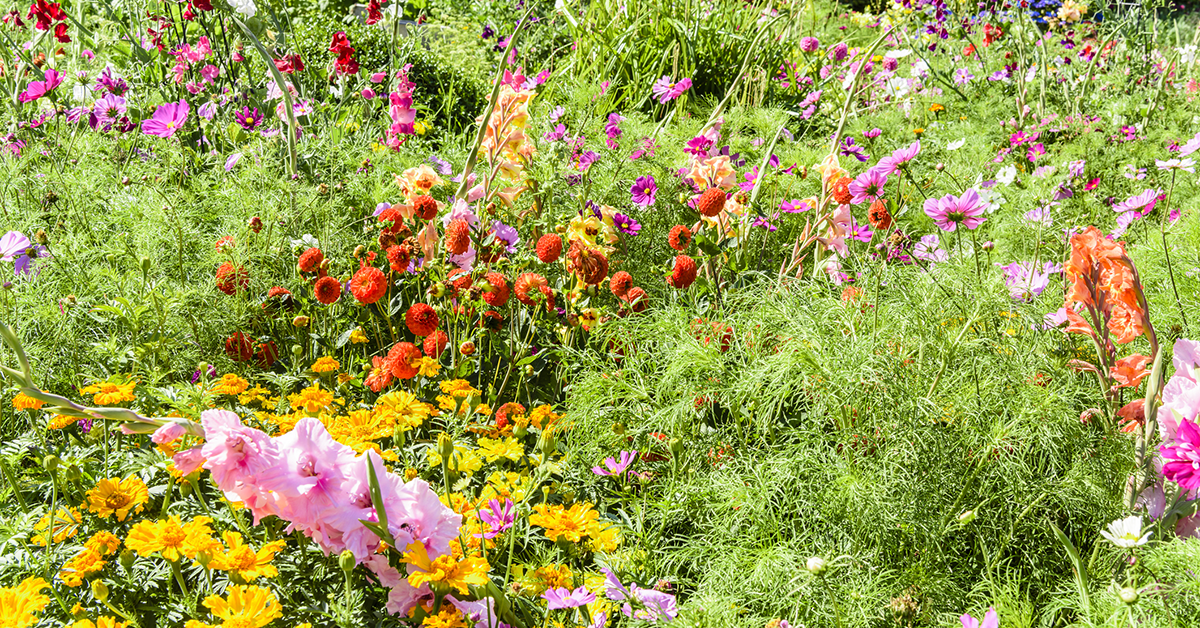
While the temperatures soar during the summer months, it’s important to try and offer a shady respite for your garden birds. Instead of meticulously mowing your lawn, try and leave a small patch of grass to grow wild so as to offer cover for any ground-nesting birds.
By keeping your feeders near hedges or another shady cover, you will also be offering a quick getaway for birds in case any cats or other predators make an appearance.
Avoid Using Pesticides
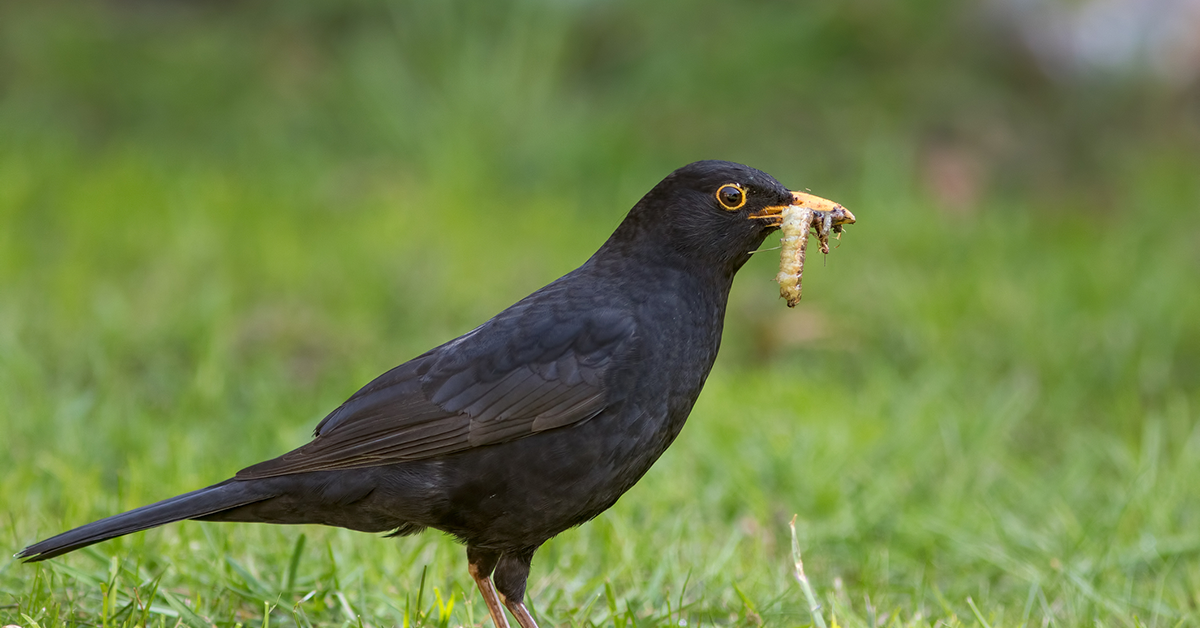
It may be tempting to try and prevent those pesky insects from helping themselves to your flowers and vegetable patch, it’s important to remember that any pesticides you use will go up the food chain.
It may solve your pest infestation, but any insects that are killed with pesticides could be picked up by wandering beaks, who will unknowingly pass them on to their young. You could be doing more harm than good; it’s best to leave nuisance insects to natural forms of pest control.
Are there any summer bird care tips you think we’ve missed off our list? Let us know over on our Facebook page.


